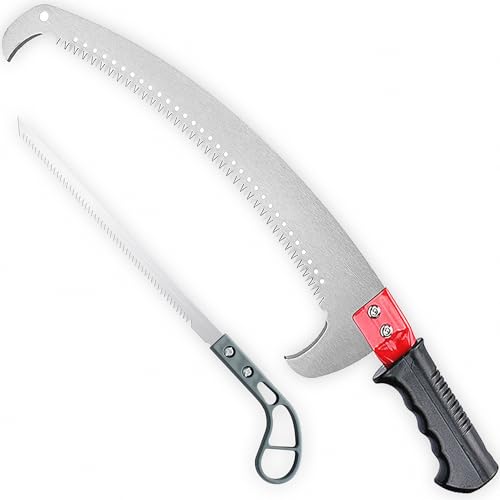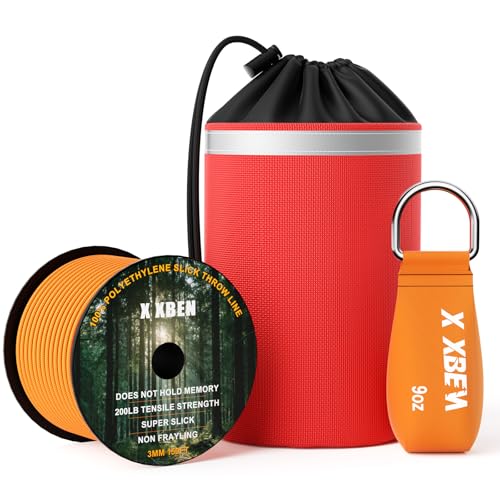How does less oil help you you tune easier & the saw run faster?running lean will have more effect than oil ratio When the noted 2 Smoke guru's find the best result are the opposite .Sloppy tolerances are as such oil will neither do much to help but may have an adverse effect .Carbs aren't engineered for a particular oil fuel ratio they feed a mix amount through, the amount being regulated by the hole in the jet size saws tend to be tapered needle screwed in or out so increase/decrease the hole/size
I find thicker mix causes my saws to fourstroke more, requiring a leaner tune. Add elevation and my needles end up below 1/2 turn out on 32:1. I don't know why. My thought is there is more oil in the gas during combustion, causing a greater need for oxygen because there are more BTUs in the fuel. Maybe I'm way off.
I don't know what the chinese are thinking when they build carburetors. Maybe 25:1 is thick enough for carb needles to have more slop and still regulate close to shut. Fine tuning a huztl carb on 50:1 is an excercise in futility. But the chinese need chainsaws too, they must make them work somehow. Just wishful thinking there I suppose.
As far as Farmertec machining, its well documented they make pistons and cylinders with poor tolerances and obvious blemishes. More oil probably doesn't help or hurt. Well oiled junk is still junk.























































